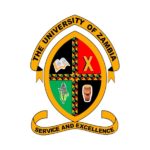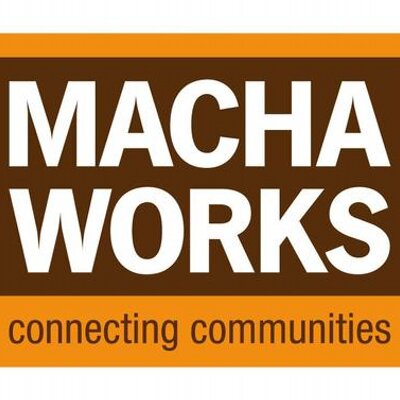LOCATION: Choma, Southern, Zambia
PROJECT LAUNCHED: 2015
PROJECT LEADS:
- IEEE Zambia Section
- University of Zambia
PROJECT OVERVIEW & UPDATES
In rural southern Zambia, where families and entire communities depend on subsistence farming to survive, the lack of telecommunications service had been an ongoing barrier to developing a stronger, more vigorous economy. This is why a pilot project to provide the village of Chikanta with basic, low-cost telephone access was a vital first step in planting the seeds to help improve local conditions.
It all began when representatives from the IEEE Zambia Section contacted Macha Works, a Non-Governmental Organization with a distinct mission: To provide community-based solutions to economic problems and encourage young people to develop their talents and skills so they have local employment opportunities. While benefiting from their own education, these young “local heroes” simultaneously help to encourage and nurture a much-needed rural economic infrastructure.
Next, the Zambia Section recruited Jacqueline Mpala, an electrical engineering student at the University of Zambia, to lead the telecommunications project. She and Raphael Salasini, of the University’s electrical engineering department, enlisted the participation of science club members at Frances Davidson High School in Choma, about 50 miles from Chikanta. The six high school students were familiarized with radio frequency and wave propagation, how a communication system works and how the component parts are interconnected. They also learned about antenna types and sizes, as well as power requirements and maintenance for the OpenBTS (Open Base Transceiver Station) selected for the project.
When implemented, the OpenBTS would have a radius of about 50 meters and handle up to seven users at one time, supporting both voice calls and text messages, and use low-cost mobile phones compatible with any SIM card with a power requirement of 100 wM. Calls would be forwarded over the Internet at 125 kbps to the central site, with possible breakout to traditional mobile networks. The Internet hot spot in Chikanta, previously installed by Macha Works’ trained IT staff, is solar powered.
Together, Jacqueline Mpala and her team of six high school students designed, mounted, installed and tested a simple desktop transceiver. To ensure sustainability of the new system, Macha Works staff were trained to operate and maintain it. Acquiring test frequencies for OpenBTS from local regulators was a separate step that taught everyone the legal and regulatory requirements for implementing the new telecommunications service.
For the Frances Davidson High School students, the project to bring mobile telephones to Chikanta provided valuable telecommunications knowledge and hands-on experience – as well as an opportunity to present their work on it at the national science fair. And, who knows? Perhaps inspire at least some of them to study further for a career in telecommunications.
Today, the investment is harvesting new benefits for the Chikanta community, such as:
A local farmer can contact a distant veterinarian to learn the right medication for an ailing animal.
Teachers are communicating with district headquarters to obtain lesson plans and other helpful information.
Rural health centers have greater access to guidance from specialized physicians and nurses in far-off Lusaka, Zambia’s capital and largest city.
There’s even talk of a social network for farmers to help them market their products and obtain fair-market pricing information. Thanks to initiatives like introducing wireless telephone access in Chikanta, it looks like the people there may not have to abandon their rural roots in order to join the global economy.
PROJECT PARTNERS
|


